Bangladesh Violence: Reason, Economic Challenges, Impact on Indian Economy
Bangladesh Violence: The violence in Bangladesh has escalated significantly, resulting in the death of at least 300 people. The government’s collapse has led to a curfew being imposed for several days, and internet services have been shut down. This unrest has profoundly impacted both the daily lives of the citizens and the country’s economy.
Protests against government job reservations have been ongoing for some time. However, violence erupted recently following a court decision regarding these reservations, forcing Prime Minister Sheikh Hasina to resign. This situation has set back Bangladesh’s economic and political development for several years.
Moreover, the repercussions of this violence extend beyond Bangladesh, affecting many countries worldwide, including India. In today’s article, we will explore the specific impact this violence has had on the Indian economy.
India-Bangladesh Import and Export
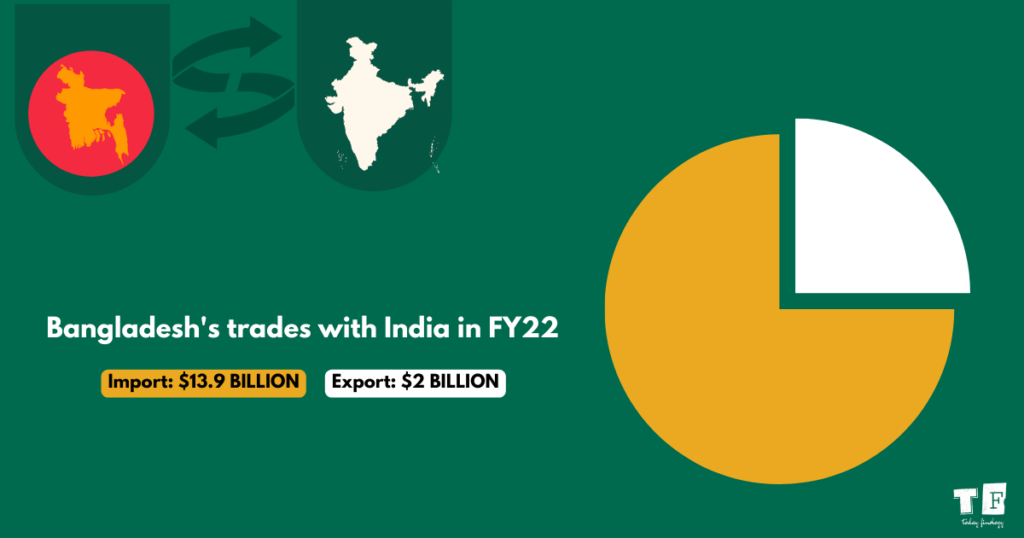
India’s total imports from Bangladesh in FY 2023-2024 are about $1.8 billion. If we talk about 21-22, then about $2 billion was imported. India mainly imports textiles, agriculture, and leather Imports for many items including engineering goods. This violence will have a direct impact on India-Bangladesh import-export.
India’s exports to Bangladesh, there has been a decline of about 31.5% in the year 23-24 as compared to the year 21-22. India beat Bangladesh by total in the year 21-22 Exports of $16.2 billion were only $11.1 billion in the year 23-24. India mainly to Bangladesh It exports agricultural equipment, raw materials textiles, petrochemicals and other chemicals etc on a large scale. However, India exports about 2.6% of its total exports to Bangladesh, which in itself is not big.
| Top Imports by India from Bangladesh | Top export by India to Bangladesh |
| 1. Clothing $600 million 2. Other textiles $325 million 3. $300 million for agriculture 4. Engineering goods $250 million 5. Leather $78 million | 1. Agriculture related $2.5 billion 0r 20000 crore 2. Special line material textile $2 billion or 17000 crores 3. Engineering goods 2 billion dollars 4. Petrochemicals $1.25 billion 5. Chemical 1 billion dollars |
Impact of Bangladesh violence on the Indian textile market?
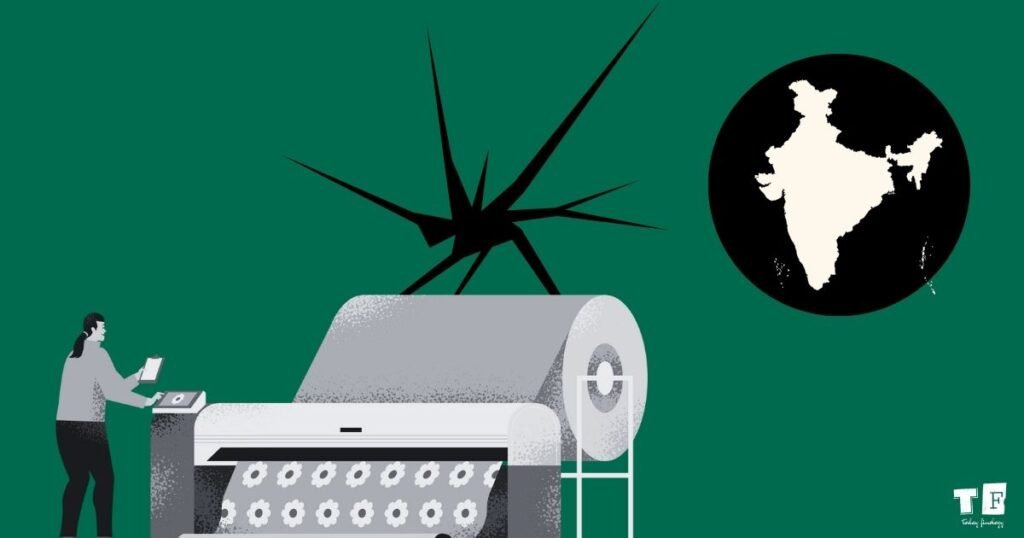
Indian textile market has a lot of dependence on Bangladesh because Bangladesh is a main buyer of the Indian textile market. India is a major exporter of cotton and synthetic fibres to Bangladesh, supplying raw materials to Bangladesh’s textile industry as the main exporter. The ongoing violence in Bangladesh will have a direct impact on the international supply chain, which is why big houses in the Indian market are worried.
To maintain the supply of goods in the market if there is a disruption in the supply chain, the exporters will have to export the goods somewhere else at a lower price than the fixed price, leading to losses in the market. Indian market is equally concerned not only about exports but also about imports. Indian market imports various types of goods from Bangladesh and seeing the increasing problems in Bangladesh, the market situation may worsen. Indian textile market is dependent on Bangladesh in the following ways.
- raw material supply
- High production volume
- Machinery and Technology
- low labour costs
Read Also:
Why are the clouds of Recession looming in America?
Bangladesh-India economic relations?
The violence in Bangladesh began due to rising unemployment and has escalated into a widespread conflict that has captured global attention. The government led by Sheikh Hasina suffered a significant defeat, and following this loss, she resigned and left the country.
In this tumultuous situation, temporary leadership has been assumed by Mohammad Yunus, who now bears the burden of guiding the nation during this transitional period. While Bangladesh has historically leaned towards India, countries like China may seize the opportunity to influence the situation.
India currently exports only about 2.6% of its total exports to Bangladesh, making it less critical for India whether Bangladesh maintains strong economic ties with them. However, Bangladesh is largely dependent on India for various resources, making India its preferred partner. Even in the absence of the Hasina government, Bangladesh will likely continue to rely on exports from India, as they have few viable alternatives.
Bangladesh Violence: Economic Challenges, Growth Impact
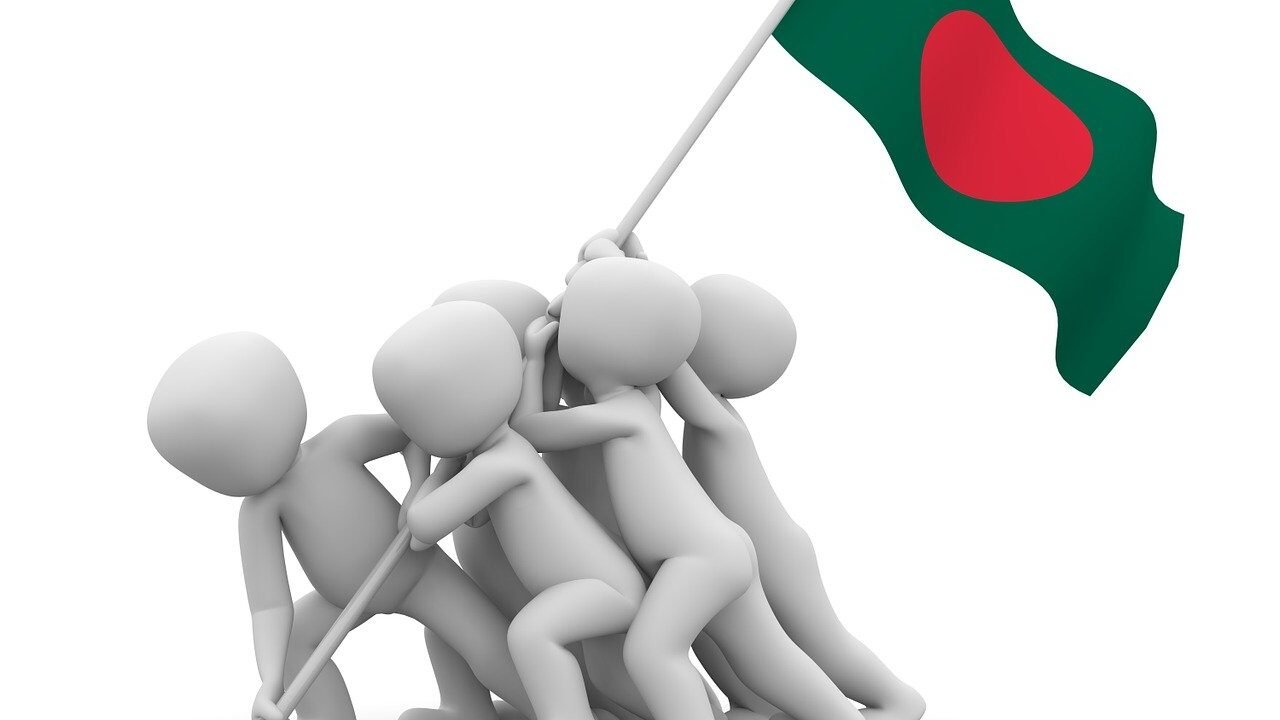
According to one analyst, one of the challenges facing the next administration in Bangladesh would be “to stop the free fall of the economy.” These days, there is concern that Bangladesh’s economy may be impacted by the harm caused by widespread violence, joblessness, ongoing inflation, and “slowed real GDP [Gross Domestic Product] growth.”
As of July 29, the Foreign Investors’ Chamber of Commerce and Industry (Ficci) stated that the recent shutdown “significantly impacted Bangladesh’s economy with over $10 billion” and predicted that the anticipated losses will rise.
According to local media, it also said that the FMCG sector will suffer a loss of more than $100 million. In any country, or even in a small region, violence is expensive since it interferes with several economic operations. These include the daily operations of local markets, hospitals, transportation and office systems, food delivery networks, e-commerce, and “MSMEs that rely on social commerce.” Violence also affects human productivity.
A serious economic crisis that has become substantial political unrest is plaguing Bangladesh. A new political landscape has emerged in the country following the resignation of Prime Minister Sheikh Hasina and the nomination of Nobel Laureate Professor Muhammad Yunus as Chief Advisor of the interim government. Significant ramifications stem from Bangladesh’s economic and political instability, especially for key international powers and neighbours like China, India, and the United States.
Leader of the Interim Government During Bangladesh Crisis
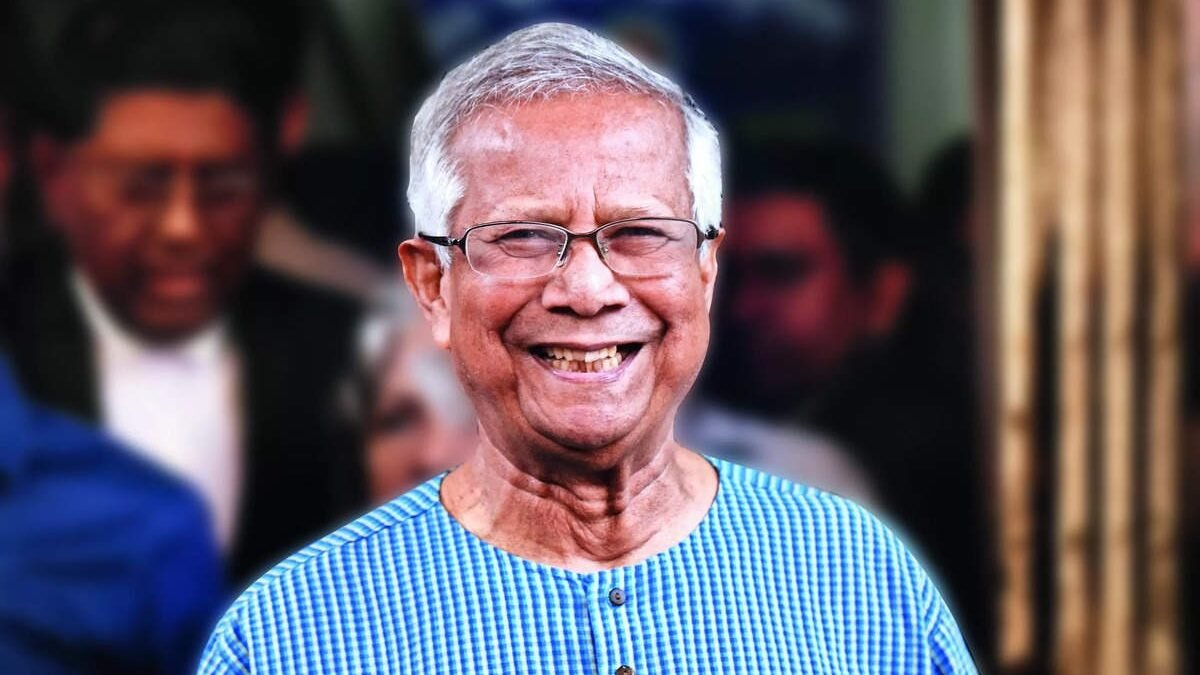
On Thursday, Bangladesh’s interim administration was inaugurated under the leadership of Nobel laureate Muhammad Yunus. This comes after earlier this week’s rallies that resulted in the resignation of former prime minister Sheikh Hasina. Head of State President Mohammed Shahabuddin delivered the oath of office to Yunus as top adviser.
Prime Minister Narendra Modi wished Yunus well in a message posted on the social networking site X, mentioning instances of violence against Hindus in the country with a plurality of Muslims.
Speaking to the media soon after taking office, Yunus emphasized that reestablishing order was his main objective. “Bangladesh is like a family, and we need to unite it,” he said. Concerns about more instability have been aroused by Hasina’s departure from this already roughly 170 million-person nation.
History of Bangladesh?
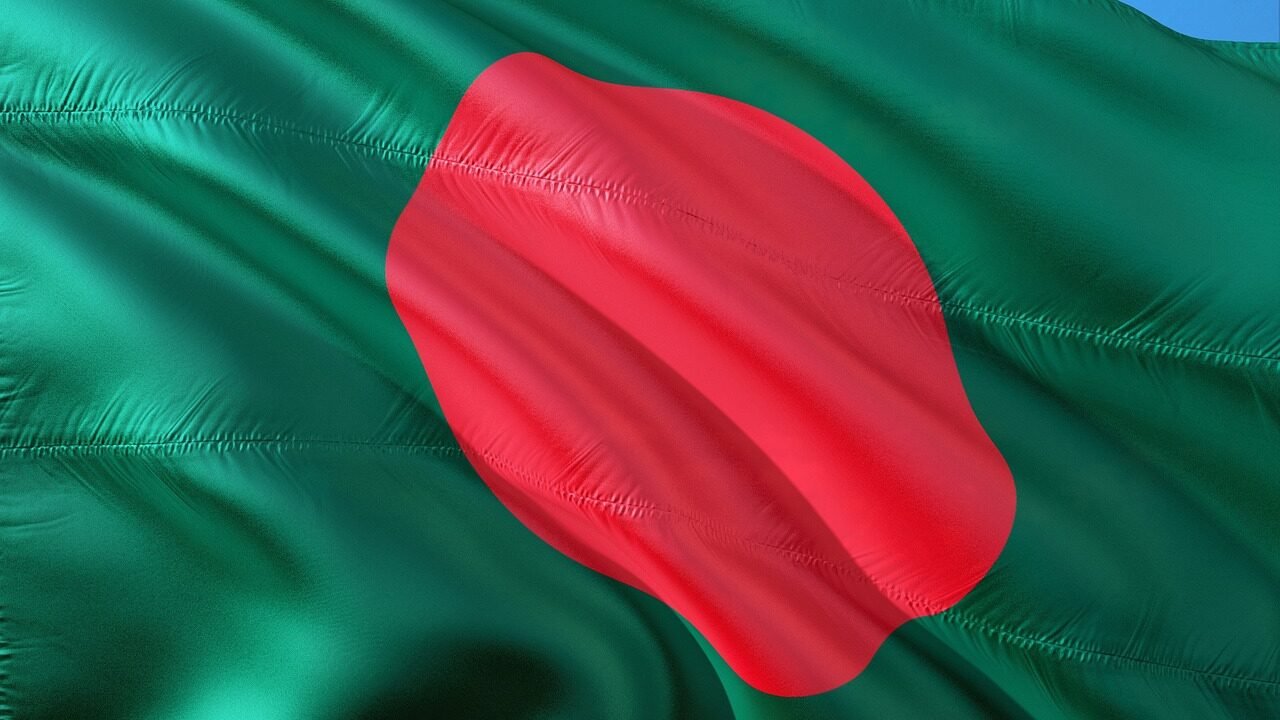
After being part of Pakistan from 1947 to 1971, Bangladesh became an independent nation in 1971. This happened after a long struggle for independence from Pakistan. East Pakistan and West Pakistan were geographically separated, even though they were part of the same nation. Most of the political power was held by West Pakistan, which was located more than a thousand miles away, although East Pakistan had a larger population.
The Bengalis in East Pakistan had a sense of alienation from their motherland due to the political, economic and cultural marginalization of their region by the central government in Islamabad. The instability in East Pakistan got worse over time. Poverty kept increasing in East Pakistan, while the central government in Islamabad gave more priority to the expansion of West Pakistan.
The first Prime Minister of independent Bangladesh was Sheikh Mujibur Rahman and he was assassinated shortly after. This accidental assassination led to the imposition of Sheni rule in the country and Bangladesh was reestablished as a democratic country in the year 1990. Since then, Bangladesh is making continuous efforts to strengthen its position with the world. Despite being a small country, Bangladesh plays an important role in various fields.
Conclusion
The ongoing violence in Bangladesh has had a profound impact on the country’s politics and economy, including the resignation of Prime Minister Sheikh Hasina and the imposition of a curfew. This instability has severely affected Bangladesh’s economy and trade relations with India. Exports from India to Bangladesh have already declined by 31.5% between 2021-22 and 2023-24, and this violence is likely to reduce it further.
However, Bangladesh imports agricultural equipment, textiles, chemicals, etc. on a large scale from India and its trade relationship with India is expected to continue. While only 2.6% of India’s total exports go to Bangladesh, this trade relationship is very important for Bangladesh. Countries like China may also come forward to take advantage of this political crisis, which can challenge both India and Bangladesh. What do you think about the violence in Bangladesh and its effects on India? Do let us know in the comments.
FAQ
Why did the Bangladesh crisis start?
Against reservations in government jobs
Who is Sheikh Hasina?
Sheikh Hasina was the former Prime Minister of Bangladesh who resigned from her post due to this violence and left the country.
Interim Government of Bangladesh
The interim government in Bangladesh is being led by Muhammad Yunus.
Impacts of Bangladesh Violence on Indian Market?
Bangladesh is more reliant on India for import-export than India. Therefore, the ongoing violence is unlikely to have a significant impact on the Indian economy.
What is the crisis of Bangladesh?
The main reason of violence in Bangladesh is the reservations given to the families of freedom fighters for government jobs.


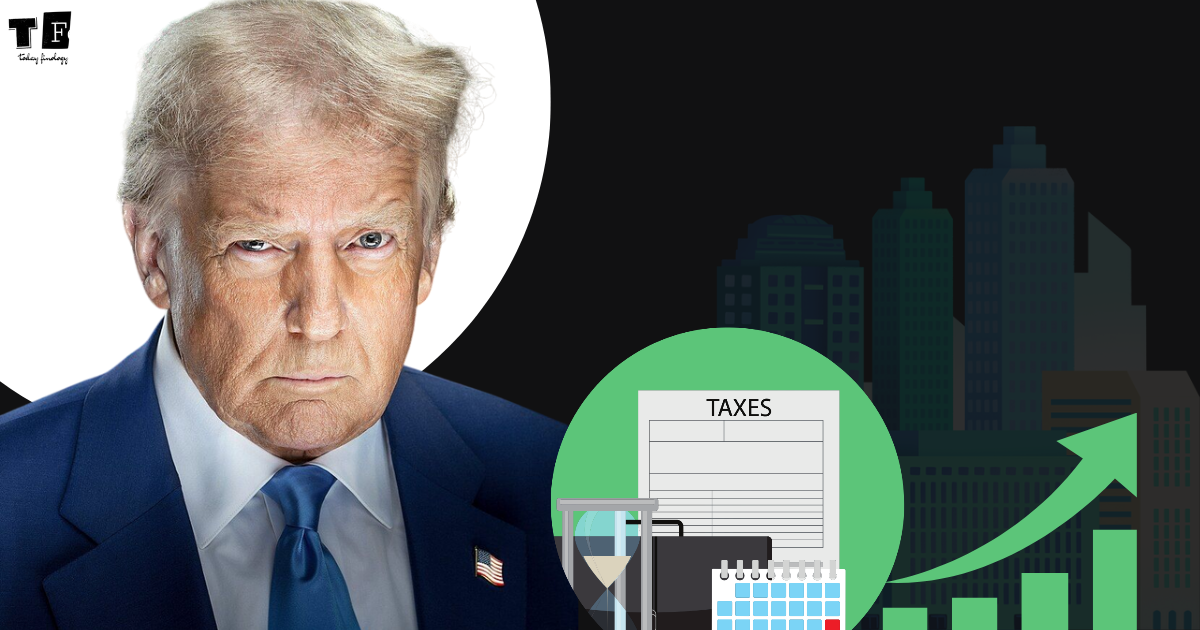












3 comments